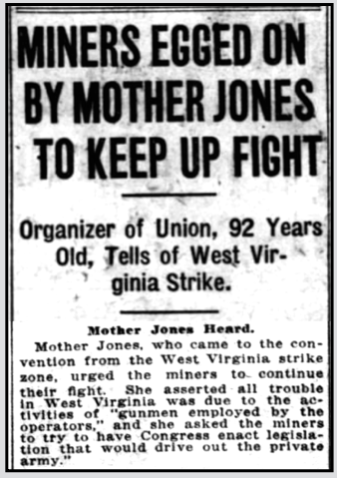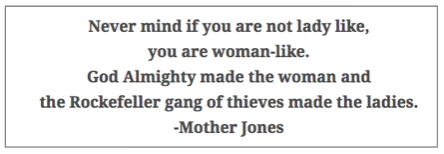 —————
—————
Hellraisers Journal – February 6, 1914
Trinidad, Colorado – Mary Thomas Held in Filthy Cell
SINGING IN JAIL THROUGH BROKEN WINDOW

Mary Thomas, noted singer and resident of the Ludlow Tent Colony, was one of the women arrested on January 22nd, the day that General Chase tumbled from his horse and ordered his troops to “Ride Down the Women!” Soon her two little daughters, three and four, were brought to her, and the three of them were held in the filthy cold cell for eleven days.
Her crime was talking back to an officer who had ordered her to move off the sidewalk from where she had been watching the parade. She told him:
You go on and go wash your dirty clothes you have on before you order me off of the sidewalk.
The militiaman began to pull her and she fought back using her fingernails on him. She was taken to jail where she placed a call to Louie Tikas at the Ludlow Tent Colony to let him know of her arrest.
At night she stood at the broken window and sang beautiful arias to her supporters gathered outside in the ally. She gives this account:
Then the hundreds of men prisoners in the basement jail…joined in. It almost drove the police and military out of their minds. It caught on through town, and soon all you could hear was “Union Forever” throughout Trinidad. I continued this procedure daily. The crowds came, and grew bigger and bigger. Finally it got so that the police had to disperse them. This made them angry and they would break the jail windows. It was no use to replace the panes, for they would just be broken again the next day.
Apparently, the little girls also caused some trouble in the jail cell. Mrs. Thomas tells the story of her release:
In the middle of the night two officers came rattling the door. “What are you trying to do?” they yelled. I didn’t know what they were talking about having been wakened out of a sound sleep. Then I noticed that the place was swimming in water. My children must not have turned off the tap. A mopping crew came immediately, supervised by a guard.A few hours later the jailer and another man unlocked our door and said angrily, “Get out!” “What? Without notice?” I said jokingly. “Get out, and take that wrecking crew with you!” I lost no time in obeying that welcome command, and we headed for the union headquarters.
Note: Newsclip from The Rocky Mountain News of January 23, 1914.
—————
MARY THOMAS DESCRIBES COMPANY TOWN
Mary Thomas, the greet-singer at the Ludlow Tent Colony, came from Wales with her two little daughters last July. Her husband, Tom, picked her up at the Trinidad train depot, and on the way back to the Delagua mining camp, he warned her in a whisper, “Don’t talk about anything important within hearing of that stool pigeon driver for the company.” As they approached the camp he cautioned her, “Don’t be nervous if the mine guards question you. I’ll answer their questions.”
It was dark when they arrived at that camp, and two big guards shined their lights into the automobile, inspecting Mary and the two little girls. Tom was thoroughly interrogated and had to explain to the satisfaction of the mine guards that he was bringing his wife and children into the camp. Finally, they were permitted to enter.
Mary states that she was completely demoralized when she saw the tumbled down shack that was to be her home. The door opened directly onto the dirt street in front of the house. There was no front yard and no porch, only a block of wood for a step. The cupboard was broken, the chairs were rickety, and the walls were lined with thin cardboard, torn and sagging in several places. Should a fire ever get started, she thought, the shack would go up in flames like a tinderbox.
Continue reading “Hellraisers Journal: Mary Thomas, of Ludlow Tent Colony, Held in Filthy Jail Cell, Keeps on Singing Through Broken Window” →
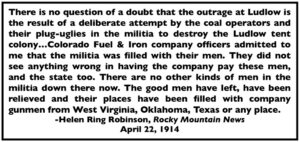 —————
—————
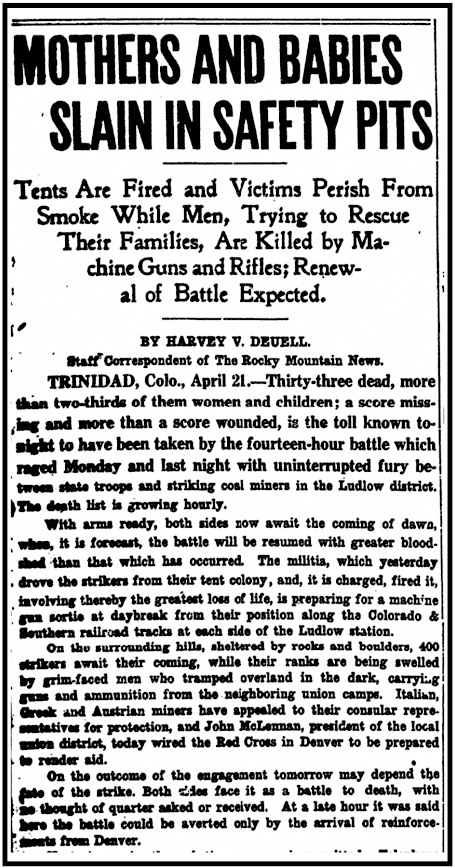
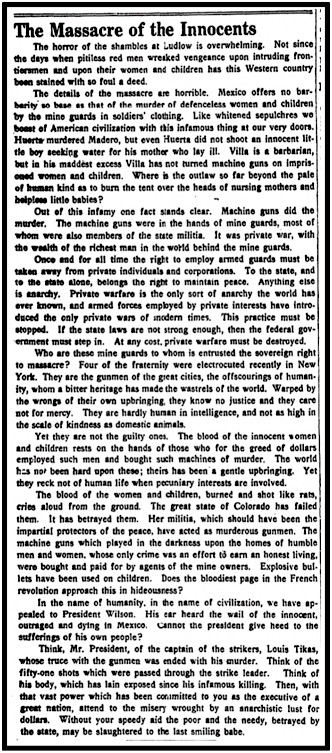
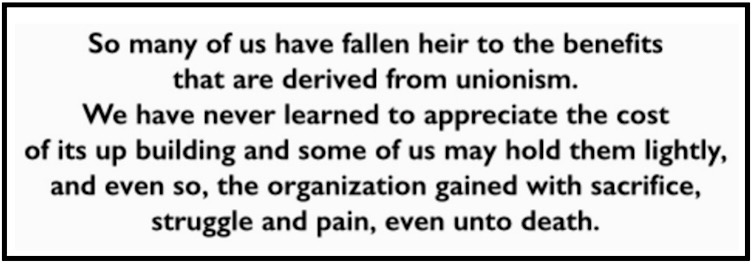 —————
—————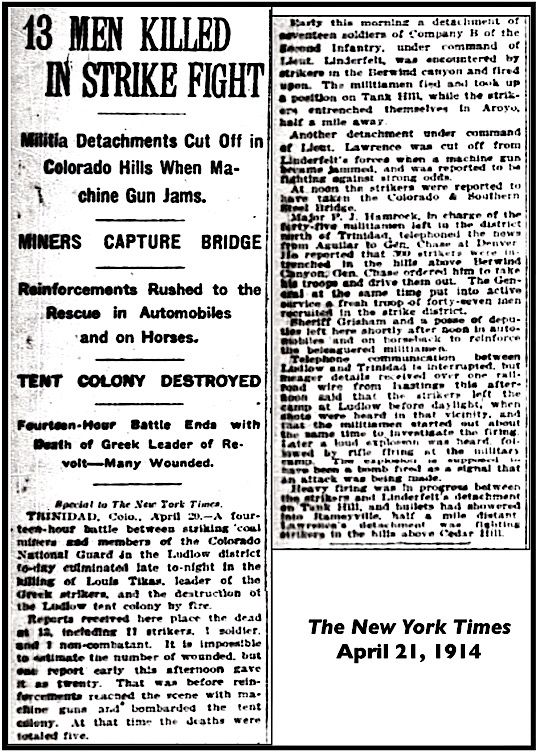
 —————
—————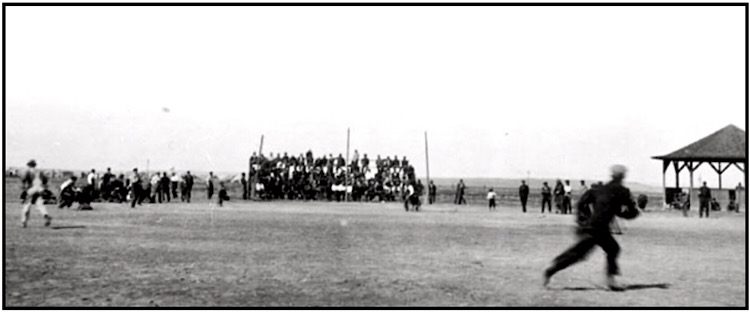
 —————
—————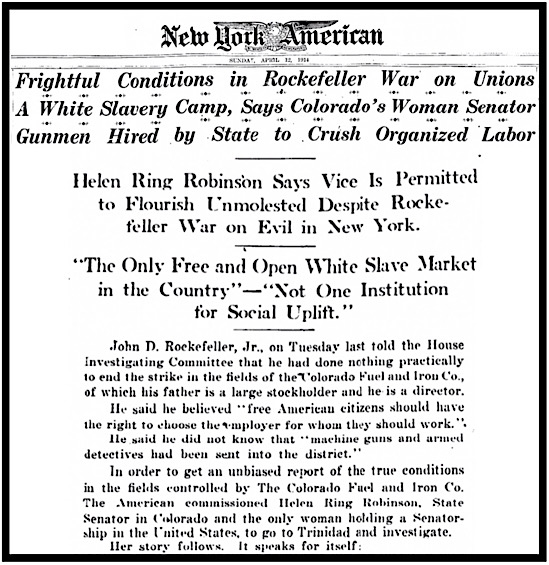
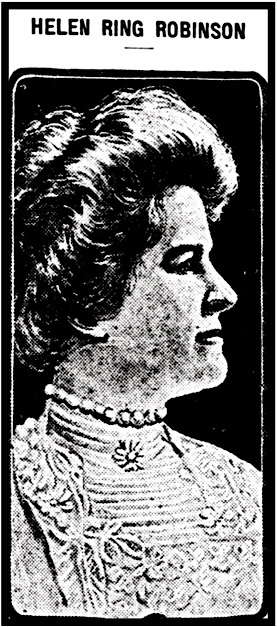
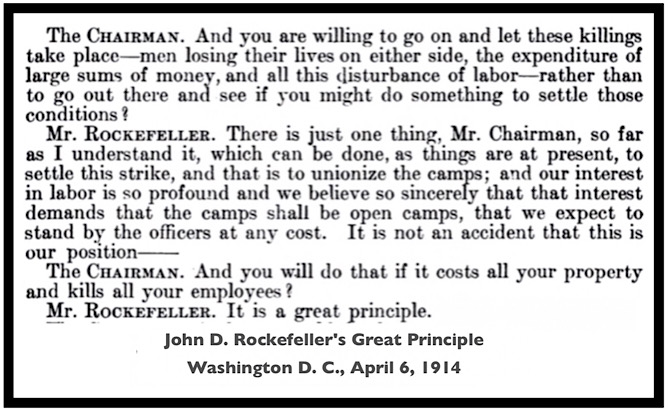 —————
—————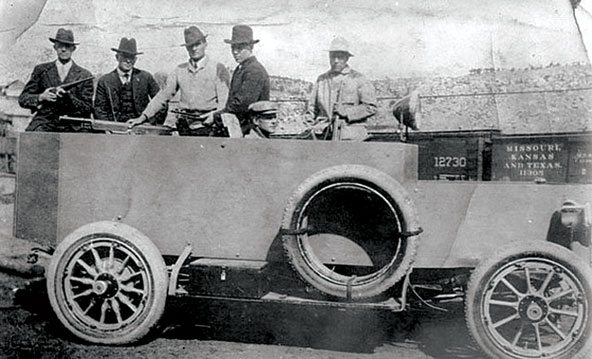
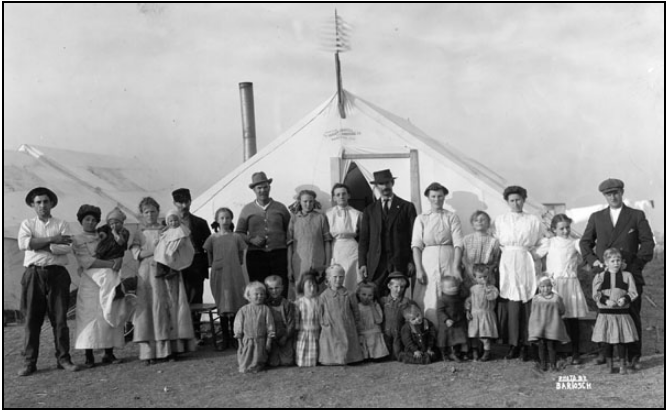
 —————
—————
 —————
—————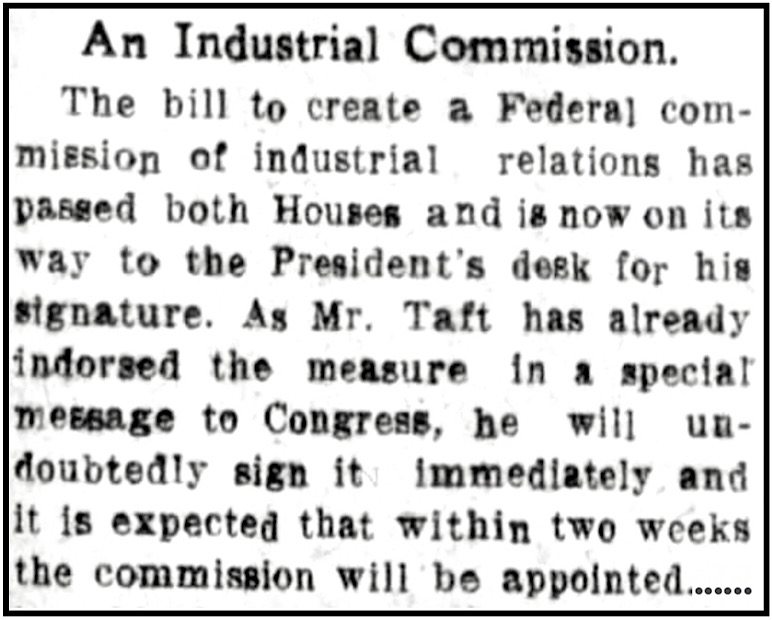
 —————
—————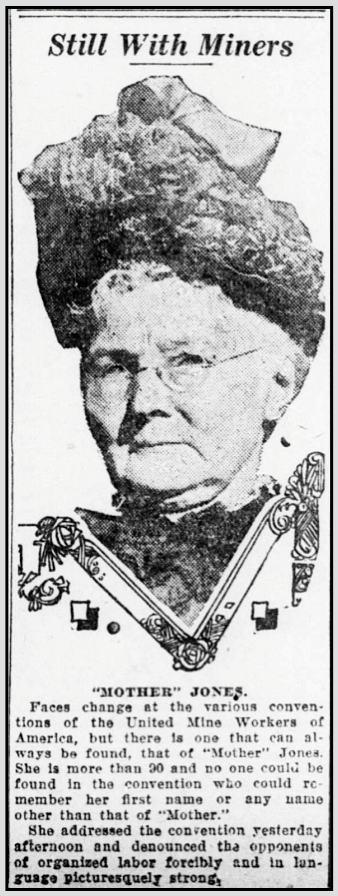
 —————
—————